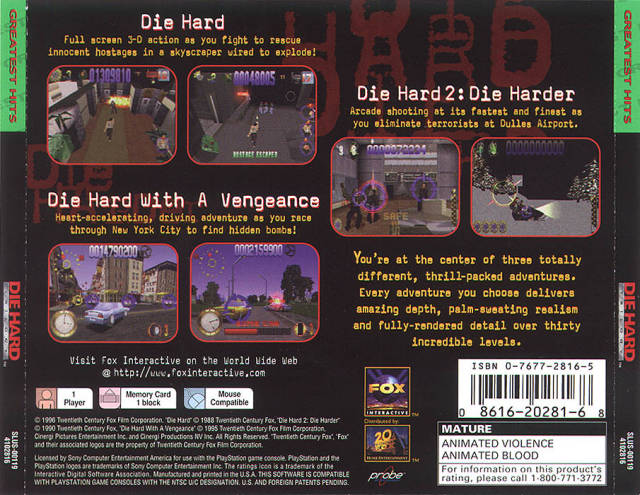
ClarkeĬast: Keir Dullea, Gary Lockwood, William Sylvester, Daniel Richter, Leonard Rossiter, Margaret Tyzack, Robert Beatty, Sean Sullivan, Douglas Rain The filmmaker’s camera cares deeply for its subject, and The 400 Blows builds small revelation-by-revelation to one of the most arresting up-close-and-personal final shots of all time. Although he hired an actress to provide the psychologist’s voice, Truffaut chose to shoot Léaud alone and give the young actor leeway to answer the questions as he chose. The film’s entire vibe can be condensed down to the scenes where Leaud-truly one of cinema’s greatest sad ghost-looking faces that set the stage for the Timothée Chalamets of the modern world-sits in a cell answering questions from a psychologist. Like most films of the Nouvelle Vague, The 400 Blows free-floats along its own path more than it tells a central narrative, but there’s not a single wasted shot across its entire runtime. In this endeavor, Truffaut was helped greatly by cinematographer Henri Decae, whose background in documentaries lent itself to the film’s unflinching, pointed gaze toward Antoine’s palpable loneliness. There’s not a whiff of nostalgia to Truffaut’s fictionalized take on his own childhood The 400 Blows simply feels like being deposited into someone else’s black and white memories.

The 400 Blows-an extremely literal translation of the French idiom “ faire les quatre cents coups”, which is closer to meaning “raise hell”-follows Truffaut’s on-screen stand-in Antoine Doinel ( Jean-Pierre Léaud), a troubled teenager drifting his way through petty crimes and parents who just don’t understand in 1950s Paris. Why It’s Essential: The directorial debut critic turned auteur François Truffaut also just happens to be one of the most achingly human films ever made and a distinct starting block for the French New Wave movement of the 1950s.

Writers: François Truffaut, Marcel MoussyĬast: Jean-Pierre Léaud, Albert Rémy, Claire Maurier In addition to being an essential film of Italian cinema, the dreamlike and autobiographical qualities of 8 ½ have been highly influential as we’re basically swimming in Guido’s (and therefore Fellini’s) subconscious and that makes for a strange and unique experience that helps provide insight into Fellini’s filmography and process.
#VLADIMIR DIE HARD TRILOGY MOVIE#
8 ½ (the title referring to Fellini’s 8 ½ film since he had previously directed six features, two shorts, and a collaboration) is one of the great “writer’s block” movie where Fellini stand-in Guido Anselmi ( Marcello Mastroianni) wrestles with trying to put together his next feature while also grappling with creative pressure as well as the many women of his life. So maybe the best place is where Fellini didn’t even know where to start. Why It's Essential: A giant of Italian cinema, it’s difficult to know where to begin, especially with Federico Fellini, who also directed Amarcord, La Dolce Vita, and La Strada. Writer: Federico Fellini, Tullio Pinelli, Ennio Flaiano, & Brunello RondiĬast: Marcello Mastroianni, Claudia Cardinale, Anouk Aimée, and Sandra Milo
#VLADIMIR DIE HARD TRILOGY PLUS#
Make sure to let us know how many you've seen so far!Īnd also check out Bill Hader's list of movies that inspired him, plus our exclusive interview with the actor/writer/director about how he became a cinephile. And if you want to test your progress, here is a checklist of all 100 movies. We have not ranked these movies against each other because part of the purpose of this list is to get you to start with any film that piques your interest and see where it leads you.īelow is an overview of our list, and you can scroll down to read our justifications for why each film is essential. If you look at this list as a guide rather than an end-point, then it should set you on a path to building your knowledge and appreciation of cinema.Īlso, it should be noted that this list is organized alphabetically. However, we didn't create this list to spark an argument, but to spark curiosity. Additionally, while many essential movies were done by white, male directors because historically those are the people who have had power, we didn't want to neglect international cinema, female filmmakers, or filmmakers of color, and we have sought to include their work here.Īnother group of film fans could come up with their own "Essential 100" and make a strong argument for it.

Just because a movie didn't make this list of 100, that doesn't mean it's "inessential." Rather, we wanted to provide a good foundation that would spark a person's curiosity about where to go next. To be clear, this list is not an ending, but a beginning. With this in mind, the staff of has collaborated on 100 movies we think every film fan needs to see. Cinema becomes more daunting every year as new films are released and old films are reappraised.

If you're a budding cinephile, it can be difficult to know where to start or even to find a baseline.


 0 kommentar(er)
0 kommentar(er)
